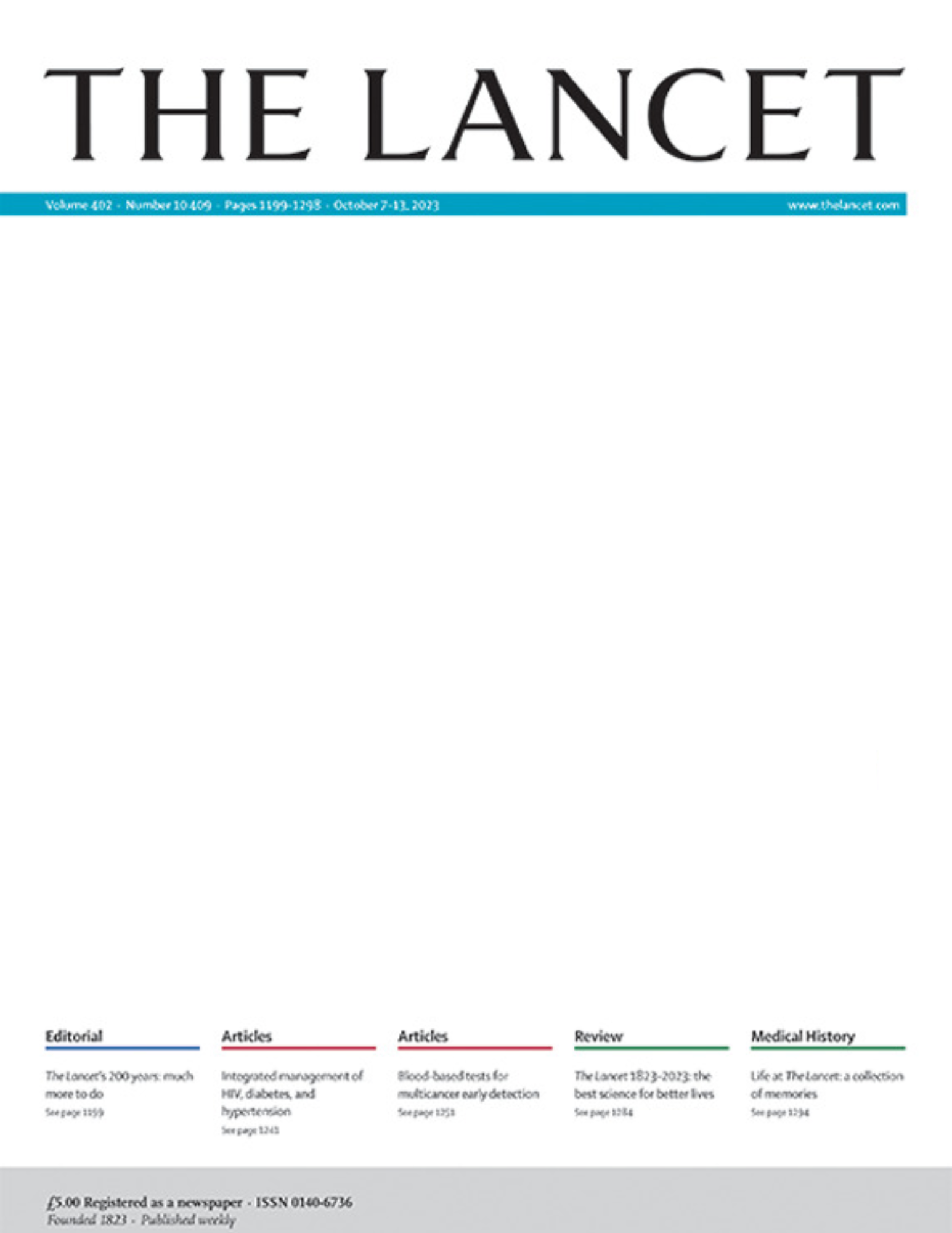Extended-release metoprolol in the prevention of CV complications in non-cardiac surgery .
This study has been identified as potentially high impact.
OE's AI-driven High Impact metric estimates the influence a paper is likely to have by integrating signals from both the journal in which it is published and the scientific content of the article itself.
Developed using state-of-the-art natural language processing, the OE High Impact model more accurately predicts a study's future citation performance than journal impact factor alone.
This enables earlier recognition of clinically meaningful research and helps readers focus on articles most likely to shape future practice.
Effects of extended-release metoprolol succinate in patients undergoing non-cardiac surgery (POISE trial): a randomised controlled trial
Lancet. 2008 May 31;371(9627):1839-47. doi: 10.1016/S0140-6736(08)60601-7. Epub 2008 May 12.9298 patients with, or at risk of, atherosclerotic disease and undergoing non-cardiac surgery, were randomized to receive perioperative administration of either extended-release metoprolol or a placebo equivalent. The purpose of this study was to compare these two groups with respect to rates of cardiovascular complications over a period of 30 postoperative days. Results indicated that, although the metoprolol group experienced significantly lower rates of fatal and non-fatal myocardial infarction, cardiac revascularisation and new clinically-significant atrial fibrillation, the proportion of patients who either died (total mortality), suffered a stroke or experienced clinically-significant hypotension and bradycardia was significantly lower in the placebo group.
Unlock the Full ACE Report
You have access to 4 more FREE articles this month.
Click below to unlock and view this ACE Reports
Unlock Now
Critical appraisals of the latest, high-impact randomized controlled trials and systematic reviews in orthopaedics
Access to OrthoEvidence podcast content, including collaborations with the Journal of Bone and Joint Surgery, interviews with internationally recognized surgeons, and roundtable discussions on orthopaedic news and topics
Subscription to The Pulse, a twice-weekly evidence-based newsletter designed to help you make better clinical decisions
Exclusive access to original content articles, including in-house systematic reviews, and articles on health research methods and hot orthopaedic topics
Or upgrade today and gain access to all OrthoEvidencecontent for as little as $1.99 per week.
Already have an account? Log in
Are you affiliated with one of our partner associations?
Click here to gain complimentary access as part your association member benefits!

































































